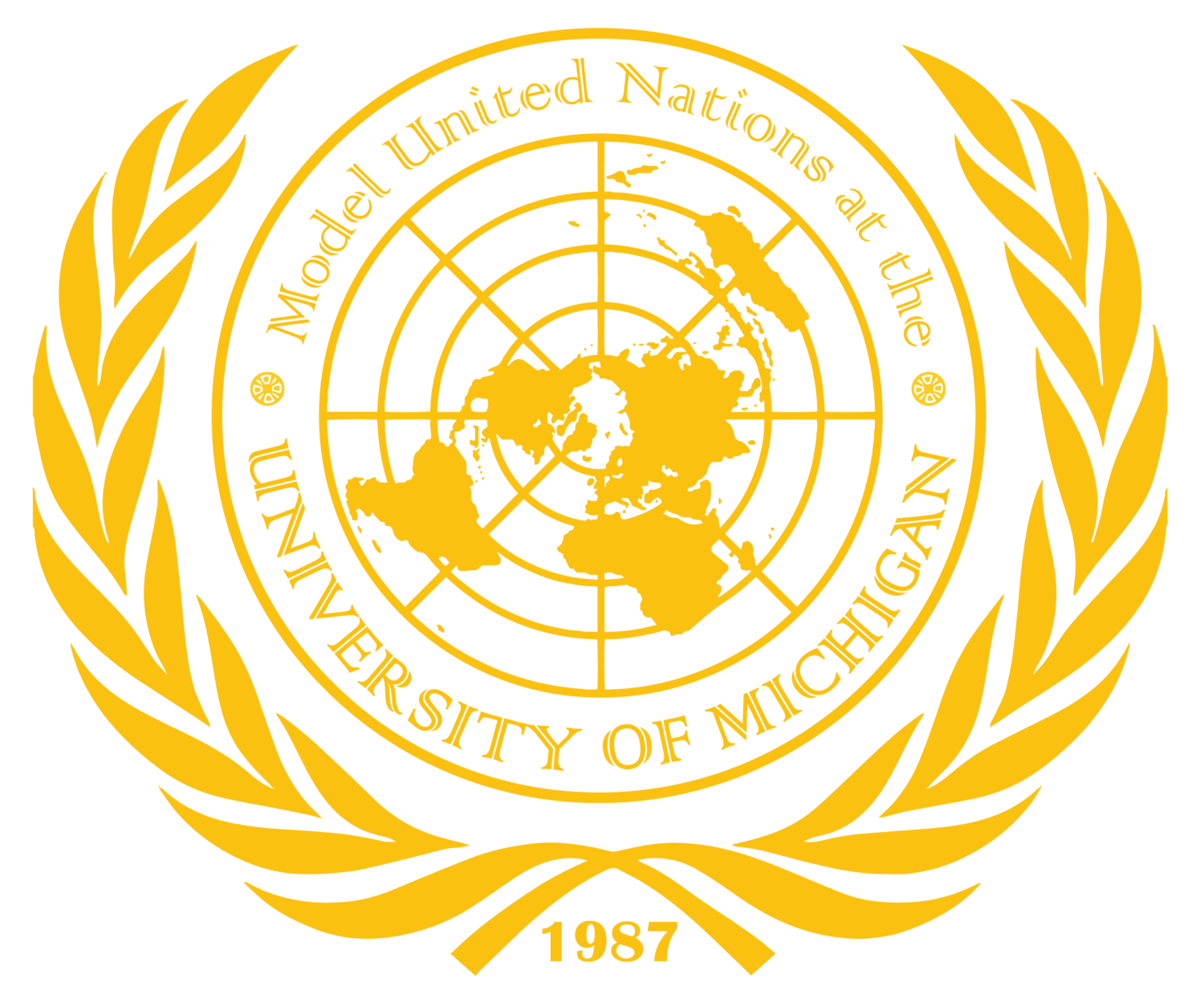By: Piper Davenport
Following the Spanish loss of territories to the United States in the Spanish American War, ending in 1898, the Spanish citizenry experienced a wave of nationalist perspectives. The subsequent years saw divisions form between the right and left winged parties. In 1923 Miguel Primo de Rivera established a conservative Catholic Nationalist state whose rule returned the working class to practices aligned with the feudalism of the Dark Ages. The year 1931 saw Rivera’s overthrow at the hands of the centrist, anti-monarchy, Second Spanish Republic. Despite the power shift instability maintained its reign.
In order to address the drought they are experiencing, the government of the Republic established a working paper on Land & Agrarian Reform. Though it finds its bones in liberal policy, the paper’s comprehensive solutions are a result of the cooperation between the opposing parties. The main tenets of this paper are as follows: a land ceiling above which landowners would be forced to pay exorbitant taxes to retain the land, regulations on working conditions, and agrarian reform that allows the working class equitable access to property. To fund the implementation of these reforms the committee proposed a graduated property and income tax.
Concerns were certainly raised by the conservative bloc, many of whom were frustrated by the overall centrist nature of the paper. The most significant issue subjected to debate was a clause regarding an eight hour work day that allowed for laborers to work overtime on their own volition. Conservatives worried that “this would effectively force people to work overtime at the risk of either losing their jobs or not being harder,”; this concern was furthered by the continued lack of anti-descrimination provisions. Additionally, concerning a clause establishing different levels of taxation based on region, conservatives worried that people would just migrate to regions of lower taxes. A co-sponsor of the paper, Manuel Muino, clarified that, “Any lower taxation in regions will be coupled with lower minimum wage,”. However, this does not fully address the concern of large companies taking advantage of this law. Despite continued debate over the aforementioned issues, concessions were certainly made by the liberals. The two most significant were exemption of the church from the proposed tax and the complete removal of a proposed stimulus package.
Nearing the end of the session it was announced to the committee that a mob, incited by Manuel Muino in an attempt to force through the paper, had descended upon Madrid. Committee session four came to its conclusion with conservative delegates scrambling to address the deficiencies of the proposed paper, while the liberal delegates threatened to allow the mob into the building. The conservative bloc maintained their focus on material change throughout the crisis acknowledging that, “Whoever lets the mob in will undoubtedly be prosecuted and must live with the repercussions of their actions,” (Jaume Aiguader). One question remains to be seen: will law truly rule the day or will violence at the hands of the opposing factions lead to bloodshed?
